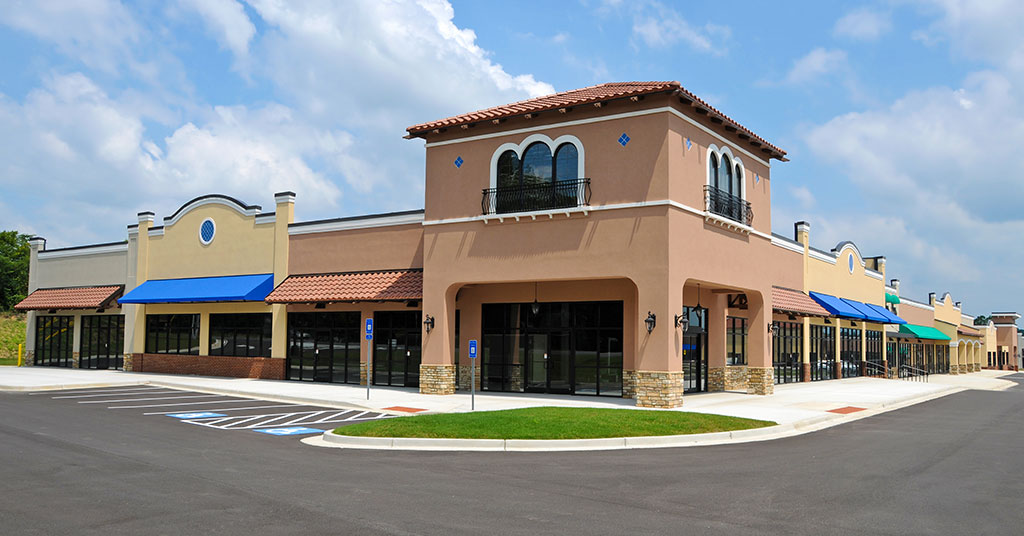Understanding the Real Estate and Site Selection Process in Franchising

Franchisors typically support franchisees in real estate and site selection by leveraging their industry expertise and market research to guide the process. A franchise brand may provide access to real estate professionals or brokers who understand the specific criteria of the franchisor in addition to local market knowledge. Franchisors may also assist with negotiating lease terms, securing financing, and ensuring that the chosen site aligns with the brand’s operational needs and long-term growth strategy. This comprehensive support helps franchisees make informed decisions and enhances their chances of success.
While every franchise system is different, it is always essential for the franchisor and franchisee to work together during the site selection process to ensure mutual success. The key steps involved in this process for franchising are as follows:
Understanding the target market
The first step in the site selection process is understanding the target market. A good franchisor provides guidance in analyzing the consumer demographics of a given area, such as age, income levels, educational background, projected population growth, and much more. Knowing who your potential customers are and what they need will help you choose a location that maximizes visibility and accessibility. Franchisors also assist in surveying the site's competitive landscape. This includes evaluating genuine competition, site advantages, and demographic forecasts to help franchisees make informed decisions.
Researching potential locations
The next step is to research potential locations. This involves considering factors like traffic counts, visibility, and proximity to neighborhoods and businesses that could either drive or deter customer flow. Resources like the franchisor’s broker, Google Maps, and commercial real estate listings are valuable tools in this phase. Evaluating the local infrastructure, from transportation options to parking availability, is also crucial as these factors can directly influence customer convenience and, consequently, business success.
Financial planning and budget analysis
Financial considerations play a pivotal role in site selection. With your franchisor’s guidance and experience, It’s important to establish a budget that includes not just the cost of leasing or purchasing a property, but also land improvement costs, utilities, taxes, and insurance. Understanding the total cost of operating a business is vital to avoid any financial surprises later.
Lease negotiation or making a purchase
If the pathway forward is leasing, it begins with lease negotiations. This process can be complex, requiring attention to detail in areas such as lease length, renewal options, rent increases, and any potential hidden costs. Engaging a real estate attorney at this stage can be beneficial to ensure all terms are clear and favorable.
Franchisee real estate investment can also involve purchasing a commercial property, offering the dual benefits of running a successful enterprise while also building equity in real estate. This investment can be particularly advantageous, as the property itself may appreciate over time and create a potential nest egg for the franchisee. Additionally, owning the real estate provides more control over the business environment and long-term stability.
Securing financing and finalizing the deal
Depending on the costs associated with the chosen property, it may be necessary to secure financing. Franchisees, often with the franchisor’s assistance, can explore options such as loans, grants, or investment partnerships. It’s crucial to compare different financing options to find the most suitable terms that align with the franchise’s financial goals. Proper financing covers the initial costs and provides a cushion for any unexpected expenses that might arise during the setup phase. After negotiations and financing are in place, the final step is to sign the necessary documents and officially secure the location.
Ongoing site management
Even after the location is secured and the business is operational, the site requires ongoing management. This includes staying updated on local real estate trends, competition, monitoring the performance of the location and, in the case of a leased property, being prepared to negotiate for better terms when the lease comes up for renewal.
The site selection process in franchising is a multi-step journey that demands careful consideration and strategic planning. By thoroughly researching potential locations, understanding financial implications and negotiating favorable terms, and working with the franchisor and its team throughout the process, franchisees can set the stage for a successful business.
Matt Kelton is the vice president of franchise development for Children's Lighthouse Early Learning Schools.
Share this Feature
Recommended Reading:
| ADVERTISE | SPONSORED CONTENT |
FRANCHISE TOPICS
- Multi-Unit Franchising
- Get Started in Franchising
- Franchise Growth
- Franchise Operations
- Open New Units
- Franchise Leadership
- Franchise Marketing
- Technology
- Franchise Law
- Franchise Awards
- Franchise Rankings
- Franchise Trends
- Franchise Development
- Featured Franchise Stories
| ADVERTISE | SPONSORED CONTENT |

$150,000
$150,000





 The multi-unit franchise opportunities listed above are not related to or endorsed by Multi-Unit Franchisee or Franchise Update Media Group. We are not engaged in, supporting, or endorsing any specific franchise, business opportunity, company or individual. No statement in this site is to be construed as a recommendation. We encourage prospective franchise buyers to perform extensive due diligence when considering a franchise opportunity.
The multi-unit franchise opportunities listed above are not related to or endorsed by Multi-Unit Franchisee or Franchise Update Media Group. We are not engaged in, supporting, or endorsing any specific franchise, business opportunity, company or individual. No statement in this site is to be construed as a recommendation. We encourage prospective franchise buyers to perform extensive due diligence when considering a franchise opportunity.